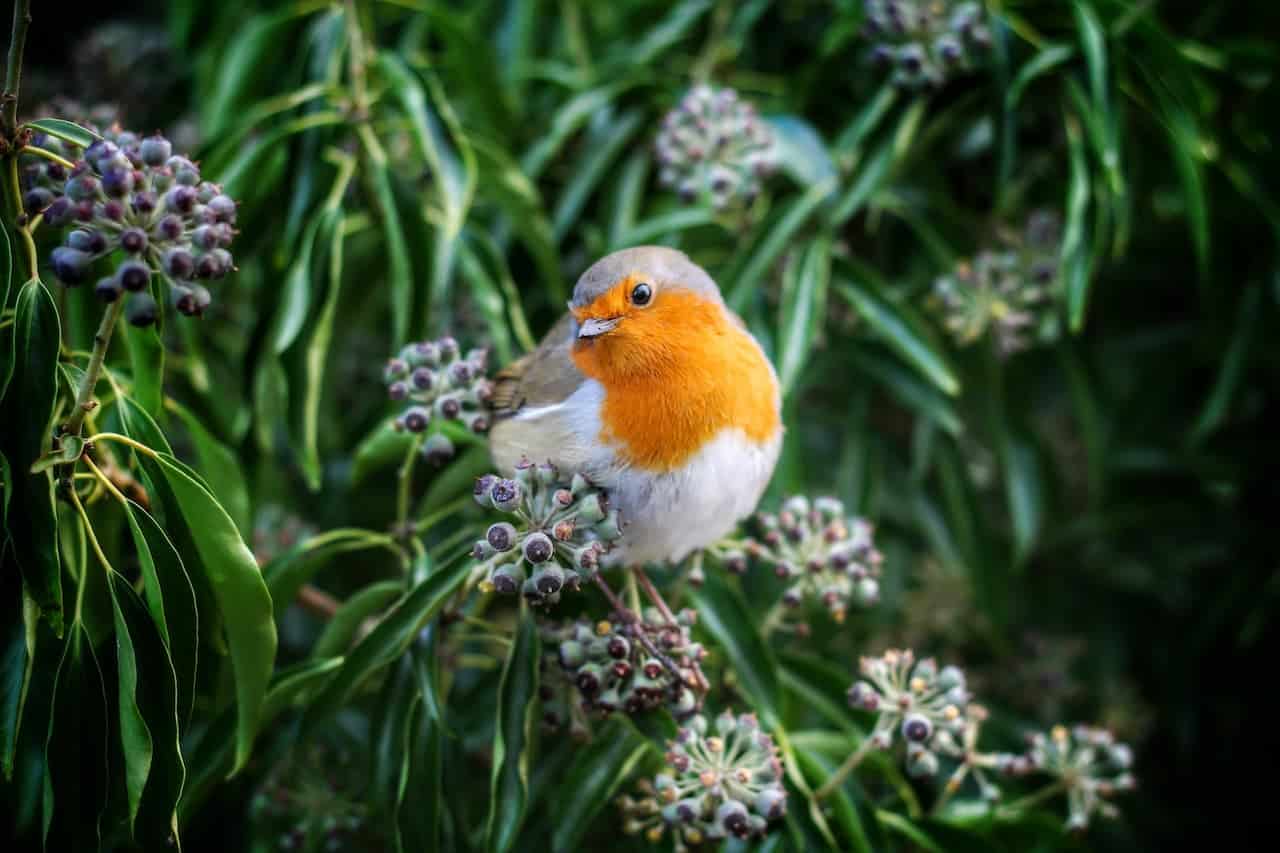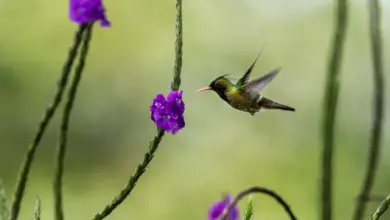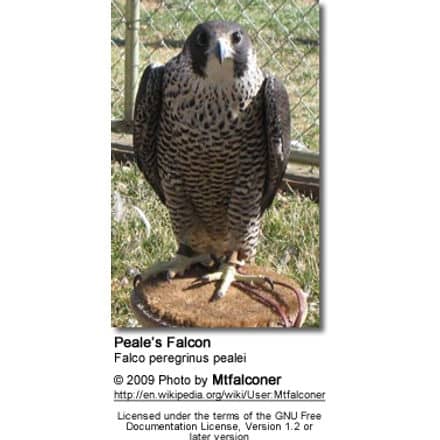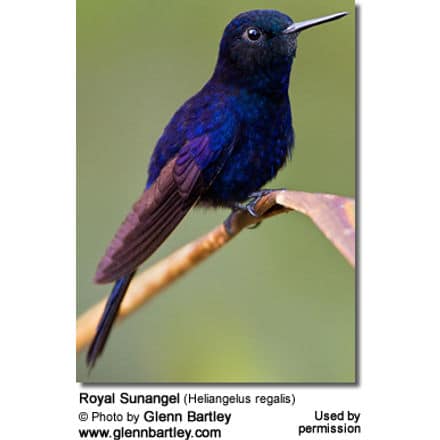Buying Your Canaries
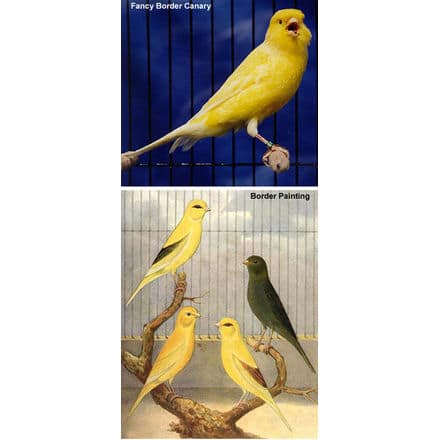
- Canary Breeding … Sexing Canaries … Canary Nutrition / Diet … Canary Diseases
Buying Your Canary:
1. Research the breeds you are interested in and identify your preferred breed / variety, approximate cost and care requirements.
2. Purchase your canary from reputable breeders – preferably those that exhibit their birds, as exhibitors focus on breeding quality birds and maintain their stock in stellar condition, as is necessary for those wishing to be successful in their endeavors.
If none are available within your acceptable delivery range, visit the premises, visually verify that the premises are clean and well managed, and all the birds appear healthy and in condition.
MAP certified breeders (Model Aviculture Program) are great options as well, even though they generally don’t allow direct access to their birds and bird areas (due to stringent disease control procedures) – they are subject to regular veterinary inspections. So the risk of disease is very low. This being said, it may be difficult to find a MAP-certified breeder of canaries. But it’s worth a try.
Once you identify a good source, you may need to be patient as their birds may be in demand (for good reasons). If none are available, ask to be placed on the waiting list. This is far better than buying inferior, or even sick, birds from another source.
3. Buy young breeding stock BEFORE they have gone through their baby molt. There are always breeders eager to sell young, unsexed birds cheaply. Most of the time these “unsexed” birds have in fact been sexed – as hens! By buying young birds that have still their immature feathering you have a better chance of getting a male – unless you purchase a proven male, of course. For referrals, contact a local bird club or veterinarian.
4. Inquire about their parents’ backgrounds. Breeding line is important – especially if you anticipate to show your bird in the future. If song is important, listen to the father – to get an idea of what sound you can expect from a male canary.
5. Don’t buy birds that are going through the moult (changing feathers) or are showing any signs of disease. Moulting is a very stressful phase and changing homes at the same time may be detrimental to its health. You want to start of a healthy bird in a strong, physically excellent condition.
6. Expect to pay cash. Breeders don’t want to have to deal with bad checks, and won’t accept them.
Species Research by Sibylle Johnson
Please Note: The articles or images on this page are the sole property of the authors or photographers. Please contact them directly with respect to any copyright or licensing questions. Thank you.

